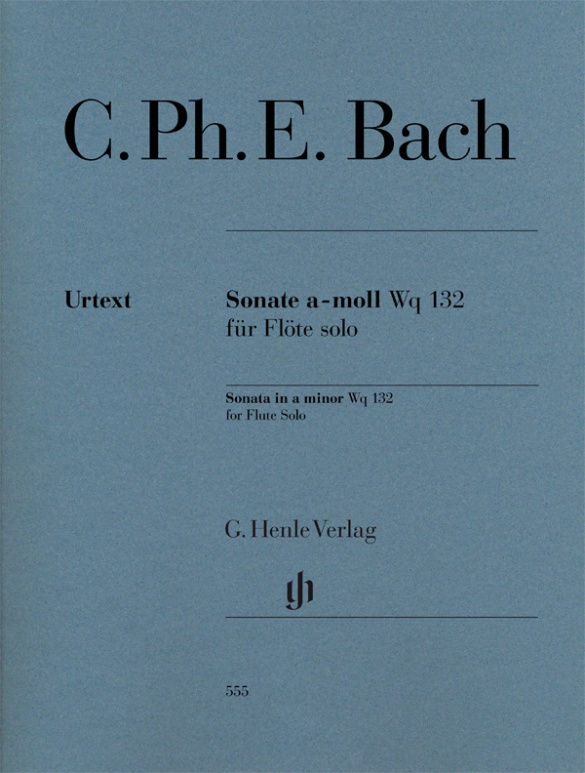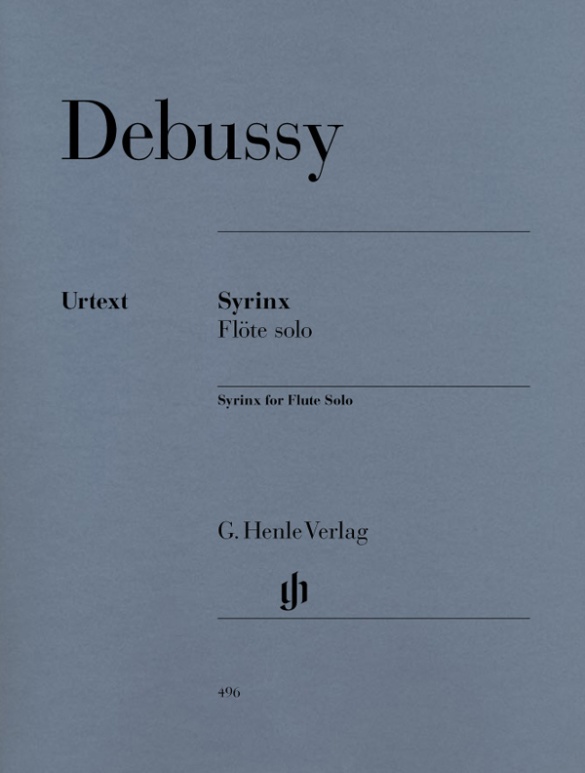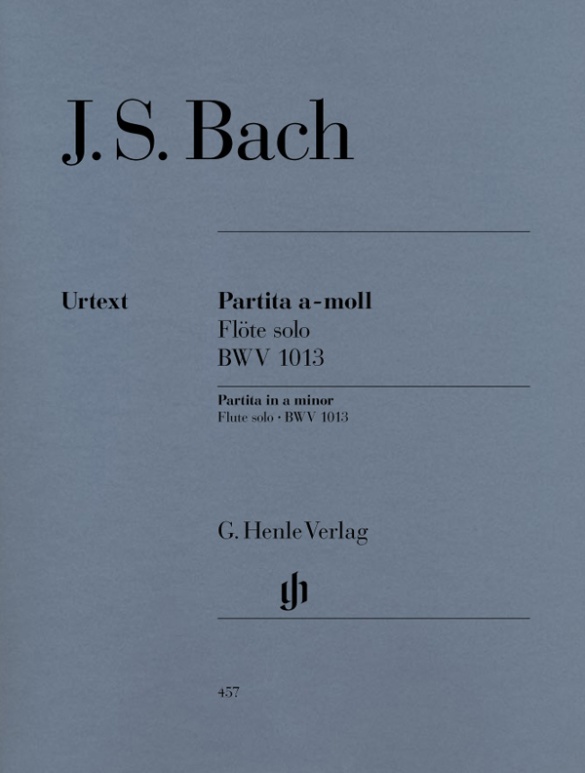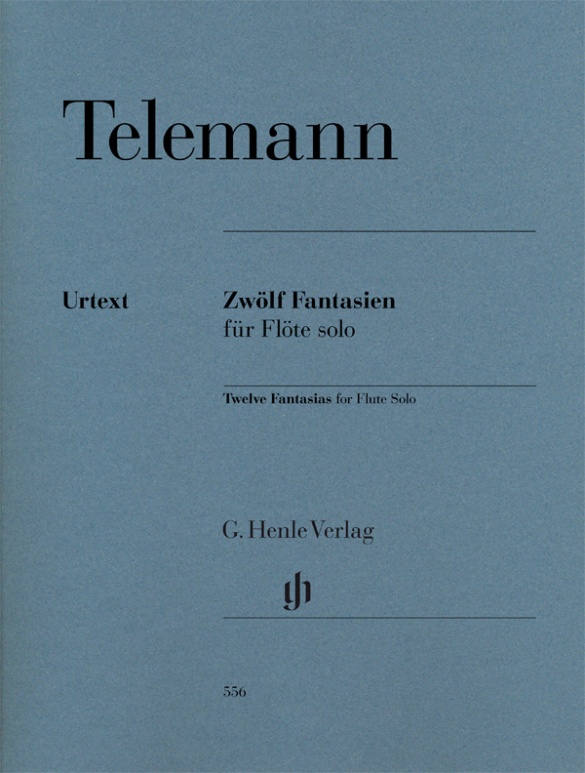

Georg Philipp Telemann
Twelve Fantasias for Flute Solo TWV 40:2-13
Aside from the Partita in a minor by Johann Sebastian Bach (HN 457) and the Sonata in a minor by his son Carl Philipp Emanuel (HN 555), it was also mainly Telemann’s 12 Fantasias that enriched the solo flute repertoire in the first half of the 18th century.
Telemann’s cycle evidently had a great influence on the flautist’s world. The composer had his Fantasias published in 1727 (he might even have engraved the edition himself). The work was soon considered to be exemplary and caught on. Our edition is based on Telemann’s print, which we have also reproduced as a facsimile in the edition. The flute expert Rachel Brown has provided a commentary with details regarding performance practice.
Content/Details
(Explanation)
About the Composer
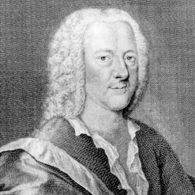
Georg Philipp Telemann
One of the leading German composers of his day, particularly as regards his German-language operas as well. Also from his pen came an extremely large number of liturgical works (especially cantatas), which came about within the context of his appointments and the compositional duties associated with them.
| 1681 | Born in Magdeburg on March 14. |
| 1701–05 | He studies law in Leipzig, but is active as a singer, librettist, and composer at the opera, and after 1702, also as its music director. He writes music for the St. Thomas Church and St. Nicholas Church. Founds a student Collegium Musicum. |
| 1704 | Organist and music director at the New Church. |
| 1705–08 | Court musical director in Sorau. |
| 1708–12 | Music director in Eisenach; composition of liturgical cantatas, masses, as well as other sacred and secular vocal works, instrumental concerti, and sonatas. |
| 1712–21 | City music director of Frankfurt am Main; composition of liturgical music and music director at the Church of the Discalced and the St. Catherine Church; reestablishment of the Collegium Musicum of the Frauenstein Society and thus the beginning of regular concert life in Frankfurt am Main. |
| 1716 | Premiere in Frankfurt of his Brockes Passion. |
| 1721 | Premiere in Hamburg of the opera “Der geduldige Socrates.” He becomes cantor at the Johanneum Latin school and music director of the city of Hamburg. The five main churches of Hamburg were thus under his musical direction. Composition of church cantatas, secular cantatas, “Captain’s Music,” instrumental music; establishment of a Collegium Musicum. |
| 1722 | He assumes the musical directorship of the Oper am Gänsemarkt (until 1738) and composes a large number of theatrical works for Hamburg. |
| 1725 | Premiere of the intermezzo “Die ungleiche Heirath oder das herrsch-süchtige Cammer-Mädgen” (‘Pimpinone’), which is still his most well-known work for the stage. |
| 1728 | Premiere of “Die Last-tragende Liebe oder Emma und Eginhard,” the most important of his surviving Hamburg operas. |
| after 1755 | Composition of vocal works in collaboration with various poets. |
| 1767 | Death in Hamburg on June 25. |
Product Safety Informations (GPSR)

G. Henle Verlag
Here you can find the information about the manufacturer of the product.G. Henle Verlag e.K.
Forstenrieder Allee 122
81476 München
Germany
info@henle.de
www.henle.com
The extensive and well-written preface to this urtext edition of Georg Philipp Telemann's Zwölf Fantasien für Flöte solo is written by Marion Beyer, and the wonderful Comments and Notes on Performance Practice are written by the eminent flutist Rachel Brown. (...) This beautifully laid-out, clear, scholarly, and instructive urtext edition is a very valuable addition to the flute repertoire of both students and professionals.
The flutist Quaterly, 2016La haute qualité de cette édition est considérablement enrichie par la reproduction intégrale en fac-similé de l'édition originale de Hambourg, parue entre 1725 et 1730.
Tempo flûte, 2014The Henle Verlag edition of George Philipp Telemann's Zwölf Fantasien für Flöte solo the Twelve Fantasies, is absolutely beautiful. (...) This is a stunning collection of these great pieces.
Flute Talk, 2014There are few problems in editing the music itself, and anyone concerned in historical styles of flute-playing will find this edition invaluable, unless the player is content with just the facsimile.
Early Music Review, 2014recommendations
autogenerated_cross_selling
Further editions of this title
Further editions of this title


